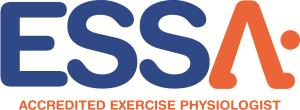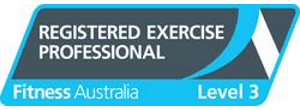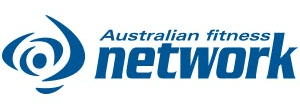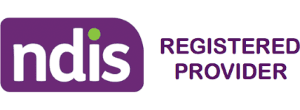7 Fitness Myths Busted
When it comes to health and exercise, there is a lot of misinformation out there. Fitness myths are NOT our friend, so lets look at the facts and bust some of the most iconic fitness myths.
Myth 1: You Only Need to Do Cardio to Burn Fat
FALSE! Weight loss is achieved by having a calorie deficit each day and whilst endurance type training is helpful to burn calories, it isn’t the only way. Resistance training helps shed unwanted body fat through elevating your Basal Metabolic Rate (BMR) which is the amount of calories you require to maintain normal bodily function at rest. An increased BMR means that you’re burning more fat and increasing fat free mass, even when you’re not working out.
Myth 2: Lifting Weights Will Make Me Look Bulky
FALSE! This is one of the most common fitness myths for women. Some tend to avoid resistance training due to social stigmas or through fear of becoming the female hulk. Rest assured, testosterone is the key to increasing muscular size and men have 20 – 30 times more testosterone than women, which is why they can bulk up so noticeably.
Women who regularly participate in resistance training can improve their health, boost metabolism, reduce the risk of osteoporosis, and help develop good feelings about themselves. Strength training will also assist fat loss and help to keep it off.
Myth 3: I’m Too Heavy to Exercise
FALSE! Anyone can exercise. It’s just about finding the right type and intensity to suit your body. People who are overweight are best to seek the guidance of an exercise expert – such as an Accredited Exercise Physiologist - who will be able to help you train in a way that is gentler on your joints and prescribe exercise appropriate to your current fitness and activity levels in order to move safely.
Myth 4: Sit-Ups Will Give You Abs and Bust Belly Fat
FALSE! Your body cannot spot reduce fat. Simple. We are all different and our bodies are predisposed to storing fat in certain locations in a certain order. When you start to lose weight, your body will lose the fat you currently have in a certain order as well – it might come off your arms first, then your legs, then your belly, then your chest, and then your butt. Or in a different order, depending on your personal genetic makeup. Everyone is different and sadly, we can’t choose where we lose fat from.
Myth 5: You Shouldn't Exercise When You're Sick
We know that when we are sick we should rest, but we want to keep our exercise routine sizzling. So, can we exercise whilst battling the sniffles?
The answer is yes, and no. The key thing to remember is to listen to your body. If your body is in pain or you feel weak, it is time to rest, as this could be a sign of your body fighting an infection. However, if you have given exercise the green light, consider exercising at a lower intensity and/or shorter time periods than you would when in normal health.
Myth 6: If You Don't Sweat, Your Not Losing Weight
FALSE! Sweat is a biological response that cools your skin and regulates internal body temperature, it is how the body cools itself. There is considerable variability in sweating rates between individuals.
It is possible to burn a significant amount of energy without breaking a sweat. Losing weight requires burning kilojoules, not necessarily sweating profusely.
Myth 7: You Shouldn’t Exercise When Your Pregnant
FALSE! In the past, pregnant women were discouraged from exercise because of social and cultural biases, rather than scientific evidence. Today, we know that regular exercise during pregnancy can be beneficial for a woman’s fitness and psychological well-being, and prevent excessive weight gain in pregnancy.
If you are experiencing contraindications in your pregnancy (eg. persistent bleeding, placenta praevia, pre-eclampsia or pregnancy-induced hypertension), then you should be working closely with your obstetrician and taking care of the development of your baby and physical activity may be limited. HOWEVER, if you are having a healthy pregnancy and have got the green light from your doctor to exercise, you certainly should be keeping active! An Accredited Exercise Physiologist can be a great asset to your pregnancy team to show you how to exercise safely for you and the baby.
Want to avoid fitness myths and start exercising the right way? Speak with your Accredited Exercise Physiologist to get sound advise and a program that is specifically tailored to your needs.










